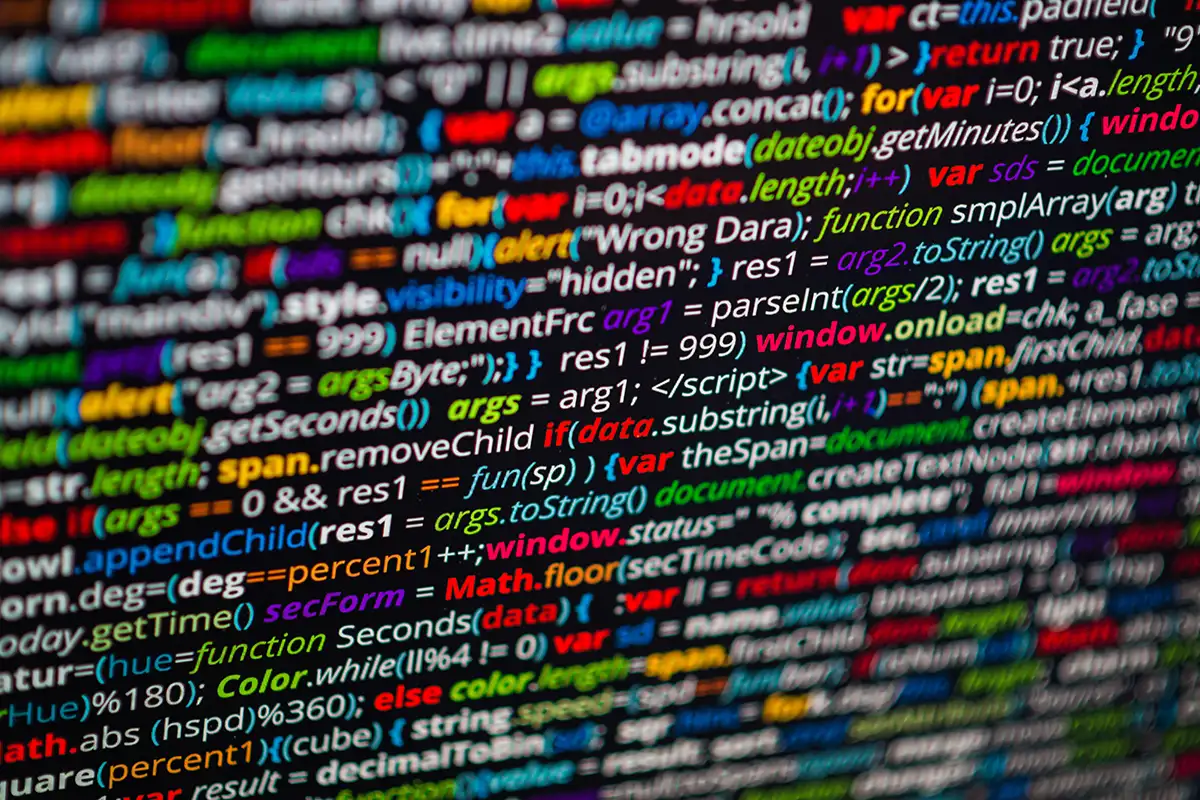What is Artificial Intelligence (AI)?

What is AI?
Artificial Intelligence (AI) is a branch of computer science focused on creating machines and software that can perform tasks that typically require human intelligence. These tasks include learning, problem-solving, perception, and natural language understanding. AI systems are designed to analyze vast amounts of data and make decisions or predictions based on patterns they identify.
Types of AI
AI is often categorized into different types based on their capabilities:
- Narrow AI (or Weak AI): This type of AI is designed and trained for a specific task. Narrow AI powers most of the AI systems we interact with today, such as virtual assistants, facial recognition software, and recommendation engines.
- General AI (or Strong AI): A hypothetical type of AI that possesses the ability to understand, learn, and apply its intelligence to solve any problem, much like a human. This remains a goal for researchers.
- Superintelligence: Another hypothetical form of AI that surpasses human intelligence in every field, including creativity, problem-solving, and general knowledge.
Key Concepts and Technologies
The field of AI is built upon several foundational technologies:
- Machine Learning (ML): A subset of AI that uses statistical techniques to enable computers to "learn" from data without being explicitly programmed. It involves algorithms that can parse data, learn from it, and make determinations or predictions.
- Deep Learning: A subfield of machine learning that uses neural networks with multiple layers to analyze various factors in data. It is particularly effective for tasks like image and speech recognition.
- Natural Language Processing (NLP): The branch of AI that deals with the interaction between computers and human language. NLP allows computers to understand, interpret, and generate human language.
- Computer Vision: A field of AI that trains computers to interpret and understand the visual world. It enables machines to identify and process objects in images and videos.
Applications of AI
AI is being applied across a vast range of industries, transforming how we live and work:
- Healthcare: AI is used for medical image analysis, drug discovery, and personalized treatment plans.
- Finance: AI algorithms detect fraud, automate trading, and provide personalized financial advice.
- Manufacturing: AI optimizes production processes, performs quality control, and powers robotic automation.
- Transportation: AI is the core technology behind self-driving cars and optimized logistics.
Challenges and Ethical Considerations
As AI becomes more integrated into society, a number of challenges and ethical questions have emerged:
- Bias: AI models can inherit and amplify biases present in their training data, leading to unfair or discriminatory outcomes.
- Data Privacy: The reliance of AI on large datasets raises concerns about data privacy and security.
- Job Displacement: The automation of tasks by AI and robotics may lead to significant shifts in the labor market.
- Explainability: It can be difficult to understand how complex AI models, particularly deep learning networks, arrive at their decisions, a problem known as the "black box" issue.
The future of AI
The field of AI is evolving at an unprecedented pace, with future trends pointing toward more powerful, integrated, and responsible systems:
- Increased Automation: AI will continue to automate more complex tasks, from customer service to scientific research.
- Hybrid AI: The combination of different AI approaches, such as symbolic AI with deep learning, may lead to more robust and versatile systems.
- Responsible AI: There will be a greater emphasis on developing AI systems that are transparent, fair, and secure, with a focus on ethical guidelines and regulation.
- AI in Everyday Life: AI will become even more ubiquitous, seamlessly integrated into our homes, cars, and workplaces.
.png)